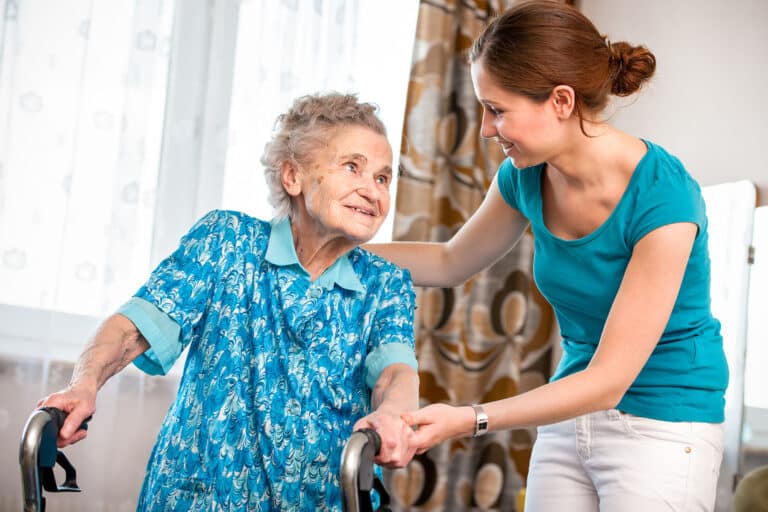
Supporting Seniors After a Stroke
Discover how home care can support seniors recovering from a stroke by improving independence, mobility, and overall quality of life.

Discover how home care can support seniors recovering from a stroke by improving independence, mobility, and overall quality of life.
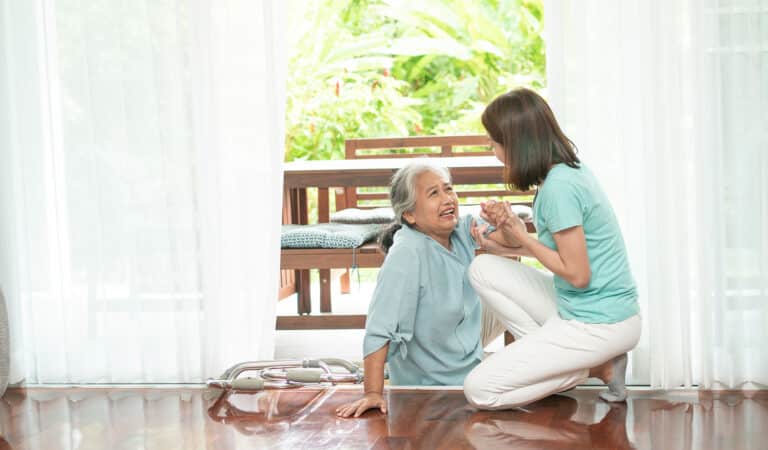
Personal care at home helps seniors maintain independence and safety, reducing fall risks and allowing them to stay in familiar, supportive environments.
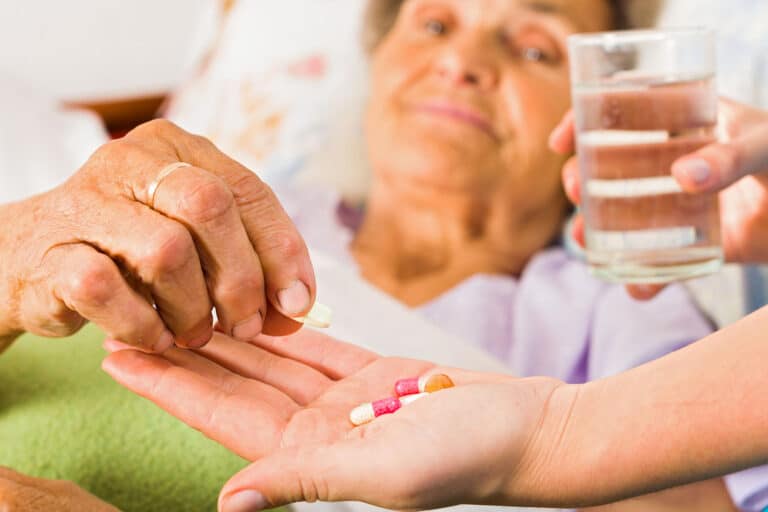
Alzheimer’s home care can assist in managing medications and other needs to help those with Alzheimer’s maintain their health and independence.
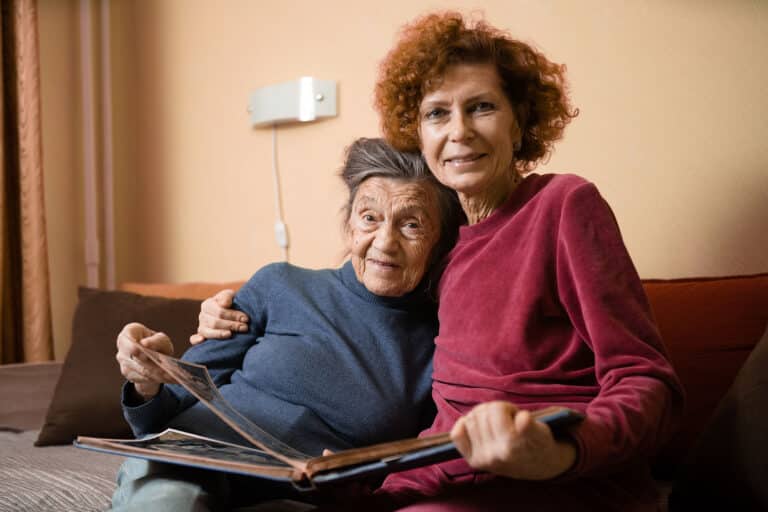
Companion care at home is essential for self-care across all ages, offering regular human connection through visits that include conversations, games, and strolls.

Learn how home care assistance can help protect your loved ones from pneumonia through support, good hygiene, lifestyle choices, and helping quit smoking.
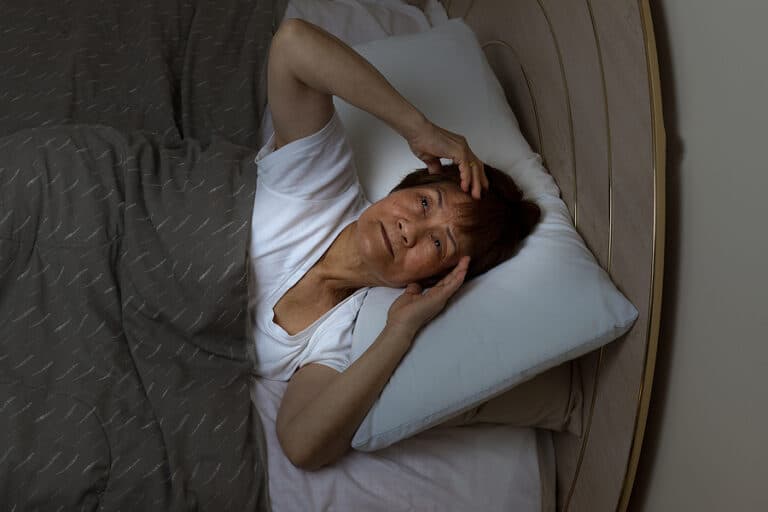
Learn how 24-hour home care ensures safety and support for loved ones experiencing delirium or nighttime sundowning, offering constant vigilance and assistance.
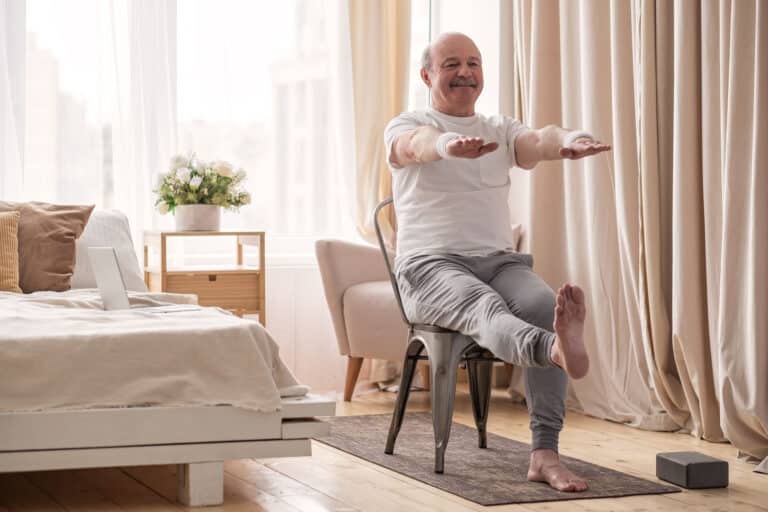
In-home care helps seniors stay active with light exercises like stretching and walking, promoting mobility and health even with certain health conditions.
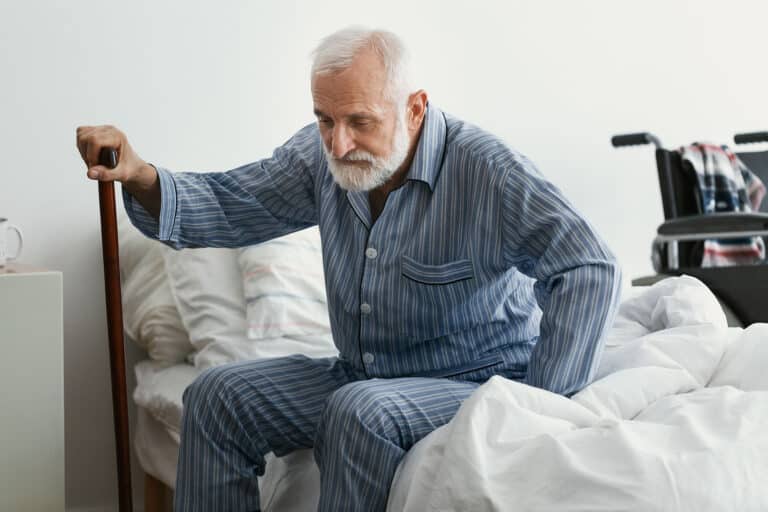
Alzheimer’s home care involves managing symptoms and ensuring safety for seniors aging in place, with family and caregivers adapting to changing needs as the disease progresses.
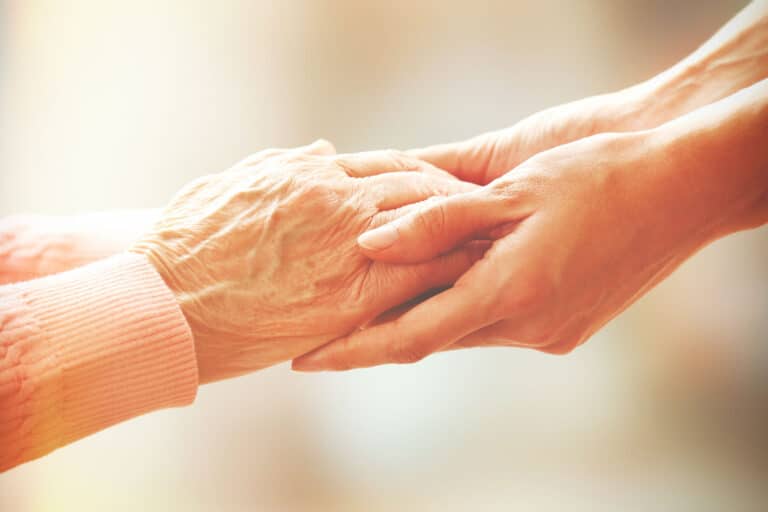
Learning as much as possible about the stages of dying can be helpful for family caregivers when they face this time.
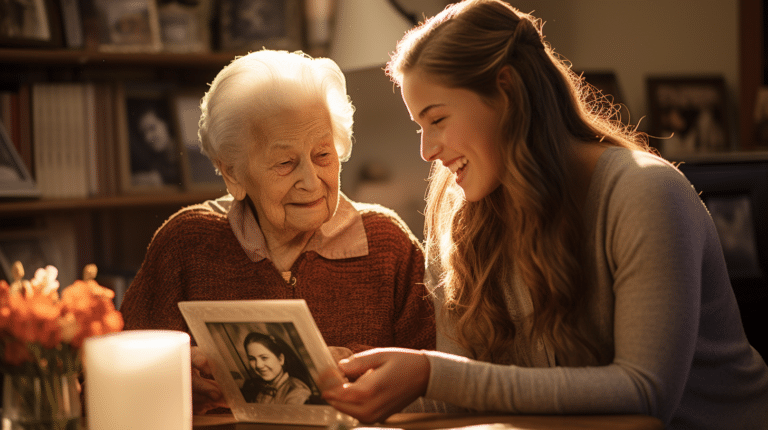
Companion care at home provides essential social interaction for seniors living alone, promoting their mental and physical health while alleviating family caregiver stress.